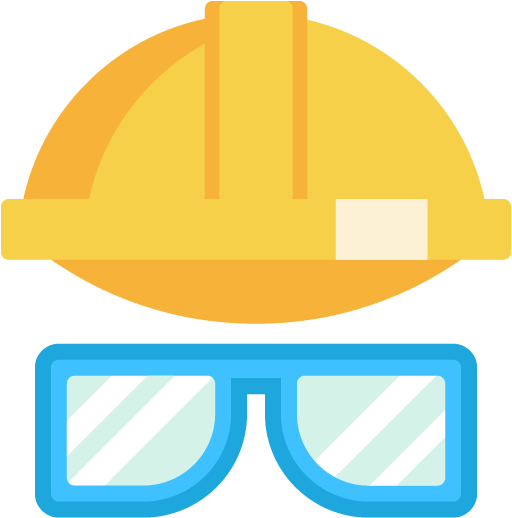Thanks to the great strides made in modern technology, there are now platforms such as Airbnb allowing us to access products and services without having direct ownership, and marketplaces like Etsy enabling us to purchase directly from providers without intervention from third parties. The business model used by such companies are coined as the sharing economy, access economy, or peer-to-peer economy amongst others, and is increasingly becoming the norm.
This approach to business has several unique challenges and needs. Firstly, the success and reputation of the company relies greatly on the independent contractors who are the actual providers of products and services to customers. Thus it is in the best interest of companies to ensure that customer expectations are met while providers are empowered with the information needed to succeed. Secondly, as governments are still in the process of adapting to these major shifts, there are new regulations springing up constantly, which the companies must enforce with its vast number of users across different localities. Lastly, although there are incentives in coaching people for the reasons explained above, training tends to be voluntary rather than mandatory since most companies are technically only providing a destination for transactions to take place and are not responsible for what goes on between the independently-working provider and customer. For training to work in this industry, content must be compelling and engaging as well as flexibly accessible on-the-go and on-demand.
Discover how businesses in the sharing and access economies use BrandAcademy to enable all the people remotely working in its network to perform their best while upholding the company’s reputation, trust, and service quality to the end customer.














